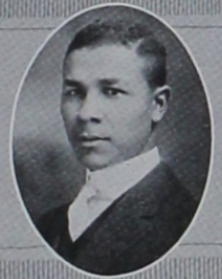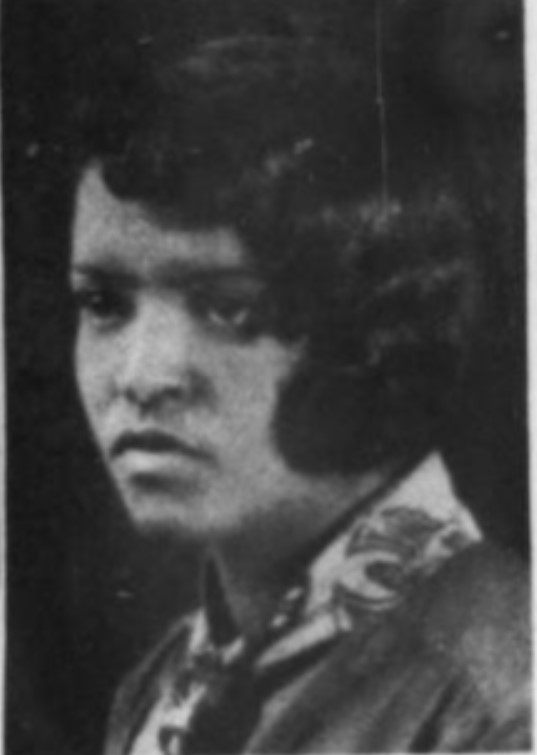William Milton Cain was born, in Waco, Texas, on 17 January 1895, the eldest of five children born to William D. Cain, a postal clerk, and his wife, Mary A. Blocker Cain. William the elder, an influential individual in the Waco Black community, later had the local NAACP Chapter named in his honor for his advocacy on behalf of African Americans in Waco and throughout Texas (Duncan, 2013). The younger William studied Horticulture at Iowa State College, where he lived at the Sigma Nu Fraternity house at 905 Douglas Avenue in Fall 1913, possibly working there as a waiter as Frederick Patterson’s experience suggests was a common employment for cash-strapped Black students at ISC (Patterson, 1991). From spring 1914 until his graduation in 1917, he resided at 1008 Burnett Avenue, the home of local Ames lawyer Chaucer Gory (C. G.) Lee and his wife Emma McCarthy Lee. While at ISC, Bill participated in the Horticultural Club and the ISC Cadet Corps, which he noted when he registered for the World War I Draft in Waco, Texas. According to Frederick Patterson, many male Black students stayed the full four years in the Cadet Corps to receive the subsidy to pay for their education at the school as Patterson did, and as one assumes, Cain did also (Patterson, 1991).
As a member of the Horticultural Club, Cain was on the Apple Judging Team. His membership was the focus of a racist incident during the interstate-judging competition in 1916, when students from Iowa, Nebraska, and Missouri competed at the state capitol (“Ames Team Wins,” 1916). The team from Missouri refused to compete against a Black student when they learned about Cain’s membership on the Ames team. Initially, the judges from the state horticultural society, the competition’s hosts, asked Cain to leave the team, which would have allowed Missouri to compete. It’s unclear what transpired after that decision, but the society changed its ruling in time for Cain to compete. Missouri withdrew from the competition and Iowa State went on to win (“Ames Team Wins,” 1916).
After graduation, Cain returned to Waco to be a farm laborer, likely at Prairie View Normal and Industrial College, as The Iowa State Bystander announced that Cain, employed at Prairie View, and his wife had welcomed their first child, a daughter, in September 1919 (Ames News, 1919). It’s unclear what happened to his first wife, but Cain eventually moved north and was employed by the U.S. Government as a railway clerk. He married Fostoria Dewey Logan in Chicago, Illinois, on 2 January 1931. He died 21 May 1977 in Dowagiac, Michigan. Cain was a Methodist at the time of his death. He is buried in Dailey Cemetery, La Grange, Michigan.
Sources
Photo Credit: Iowa State University. (1917). 1917 Bomb, p.83. https://n2t.net/ark:/87292/w9m05s
Ames news. (1919, 26 September). The Iowa State Bystander. n.p.
Ames team wins: Missouri students draw color line. (1916, 15 December). The Iowa State Bystander. p. 2.
Duncan, Robert J. (2013). Cain, William D., 1867-1939. Texas State Historical Association Handbook of Texas. Updated 2020. https://www.tshaonline.org/handbook/entries/cain-william-d
Patterson, F. D. (1991). Chronicles of faith: The autobiography of Frederick D. Patterson. Tuscaloosa: U of Alabama Press.

